3.8 million people in the United States alone experience a sports-related concussion every year (Worley et al. 2021). Additionally, there are even more cases when considering falls and car accidents. With this many incidents, you can see the importance of treating concussions.
Concussions can be associated with physical, emotional, and cognitive impairments for people that can dramatically affect daily life (O’Neil et al., 2022; Worley et al. 2021; Meier et al., 2015). With many obstacles, it can be overwhelming to pinpoint the most effective ways to take care of yourself; here are some tips on how to manage your concussion.
How Concussions Influence Blood Pressure and Heart Rate
In a completed a study on athletes who have sustained a concussion and compared it to healthy individuals, it was found that athletes with a concussion had a more difficult time regulating their heart rate and blood pressure than their counterparts, Worley et al. (2021).. In other words, athletes with concussions had delayed adjustment in heart rate and blood pressure in response to changes in activity. So, if you have this injury, you may experience lower exercise output and increased concussion-related symptoms during activity due to this lack of regulation of blood pressure and heart rate.
How to treat a concussion
WHAT CAN IMPROVE YOUR CONCUSSION SYMPTOMS?
Mental stress and high-intensity exercise have been shown to increase concussion symptoms (O’Neil et al., 2022). So, it is vital to build tolerance for higher-stress situations to make sure your nervous system does not become too overwhelmed. O’Neil et al. (2022) found that concussions treated with aerobic exercise have long-term and short-term benefits including improved tolerance of blood pressure regulation and cardiovascular strength. Furthermore, O’Neil et al. (2022) found that combining neurology treatment and physical therapy reduced concussion symptoms in 93 percent of the participants. As you go through treatment, consider that your brain is extra vulnerable during this period so, you will experience additional fatigue while completing higher-stress activities.
CONCLUSION
A concussion is a common injury that can be debilitating and affect many components of your physical, emotional, and cognitive health, drastically altering your daily life. As your nervous system slowly repairs, your blood pressure and heart rate variability may be affected but can gradually be trained back to optimal through building tolerance in higher stress movements. Aerobic exercise, neurology treatment, and physical therapy are great ways to train your nervous system to regulate itself again. Be patient and results will show.
References
-
Meier, T. B., Bellgowan, P. S. F., Singh, R., Kuplicki, R., Polanski, D. W., & Mayer, A. R. (2015). Recovery of Cerebral Blood Flow Following Sports-Related Concussion. JAMA Neurology, 72(5), 530. https://doi.org/10.1001/jamaneurol.2014.4778
-
O’Neill, J. A., Rose, S. C., Davidson, A. M., Shiplett, K. M., Castillo, A., & McNally, K. A. (2021). Predictors of Treatment Response to Multidisciplinary Care for Persistent Symptoms after Pediatric Concussion. Developmental Neurorehabilitation, 25(1), 1–7. https://doi.org/10.1080/17518423.2021.1917719
-
Worley, M. L., C., M., Sackett, J. R., Schlader, Z. J., Willer, B., Leddy, J. J., & Johnson, B. D. (2021). Preliminary Evidence of Orthostatic Intolerance and Altered Cerebral Vascular Control Following Sport-Related Concussion. Frontiers in Neurology, 12, 620757. https://doi.org/10.3389/fneur.2021.620757
-
Wright, A. D., Smirl, J. D., Bryk, K., Fraser, S., Jakovac, M., & Van Donkelaar, P. (2018). Sport-Related Concussion Alters Indices of Dynamic Cerebral Autoregulation. Frontiers in Neurology, 9, 320048. https://doi.org/10.3389/fneur.2018.00196

